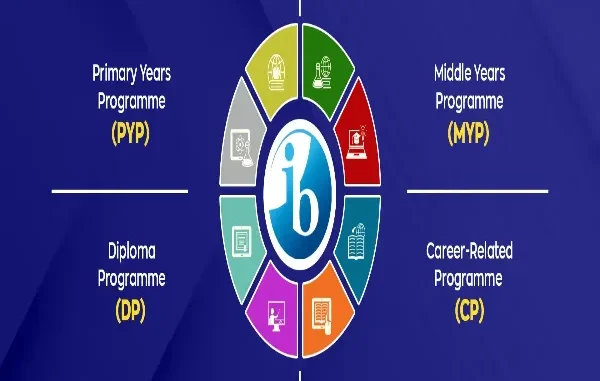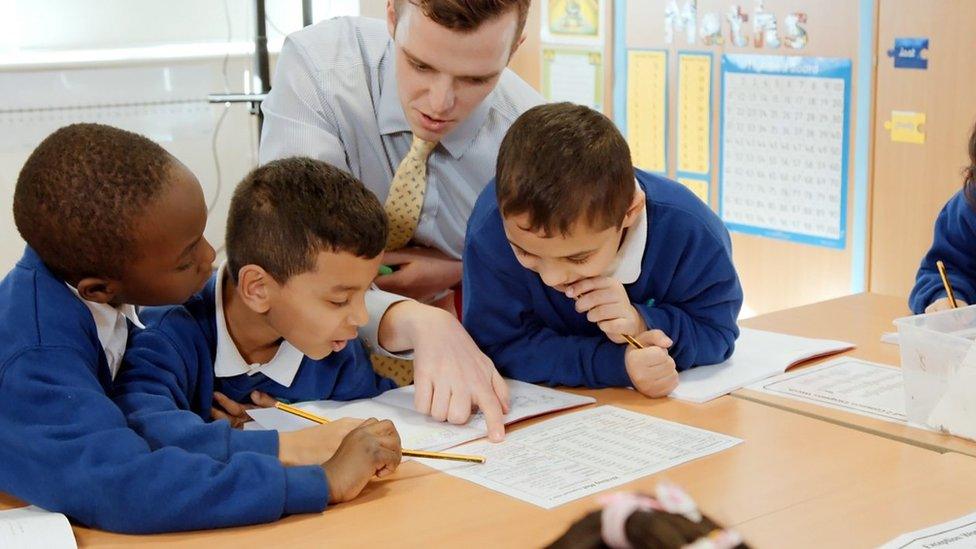

The International Baccalaureate (IB) is a globally recognized educational program that prepares students for entry into top universities around the world. Founded on the principles of academic rigor and international mindedness, IB has become one of the most respected forms of secondary education available today.
Origins and Global Reach
Launched in Switzerland in the late 1960s through a collaboration between UNESCO and the non-profit International Baccalaureate Organization (IBO), the program aimed to develop a universally accepted diploma for international students. Since its humble beginning in 1968 with just 7 participating schools, the IB has grown exponentially.
Today, over 4,775 schools in more than 150 countries offer IB programs in English, French, and Spanish. The curriculum maintains a consistent standard worldwide, whether delivered in the United States, the UK, Canada, Switzerland, Spain, or Italy. Notably, IB’s academic standards are widely regarded as significantly higher than those of many national systems.
The Four IB Program Levels
The IB is structured into four main educational levels, designed to serve students throughout their academic journey:
- Primary Years Programme (PYP) – for ages 3 to 12
- Middle Years Programme (MYP) – for ages 11 to 16
- Diploma Programme (DP) – for ages 16 to 19
- Career-related Programme (CP) – for ages 16 to 19
Each level builds on a foundation of inquiry-based, interdisciplinary learning that challenges students to think critically, act responsibly, and engage globally.
What Do Students Study in the IB Program?
The Diploma Programme (DP), typically pursued in the final two years of school like in Limassol school Trinity, requires students to study six subjects drawn from six subject groups. Each student selects:
- Three subjects at Higher Level (HL) – 240 instructional hours
- Three subjects at Standard Level (SL) – 150 instructional hours
Higher-level subjects are usually aligned with the student’s intended university major.
Subject Groups:
- Studies in Language and Literature – includes the student’s native language and world literature
- Language Acquisition – a second language of choice (offered by the school). Bilingual education
- Individuals and Societies – subjects such as history, geography, philosophy, economics, psychology, IT, law, anthropology
- Sciences – biology, chemistry, physics, environmental sciences
- Mathematics and Computer Science – from standard to advanced levels
- The Arts – visual arts, music, theater, dance, ceramics, or design. Students may also replace this category with an additional subject from groups 2–5
In certain cases, students may take more than three HL subjects, but only with formal approval from the school’s IB coordinator.
The IB Core: Beyond Academics
In addition to their six academic subjects, IB students must complete three core components that set the program apart and foster holistic development:
1. Theory of Knowledge (TOK)
This 100-hour philosophy-based course explores the nature of knowledge, critical thinking, and the logic of inquiry. Students learn to construct arguments, analyze perspectives, and engage in thoughtful debate — skills essential for both academic and real-life success.
2. Creativity, Activity, Service (CAS)
Students must spend at least 150 hours participating in creative, physical, and service-oriented activities. Whether it’s acting in school plays, playing sports, volunteering for environmental causes, or publishing the school newspaper, CAS helps nurture empathy, teamwork, and civic engagement.
3. Extended Essay (EE)
Each student undertakes an independent research project, culminating in a 4,000-word essay on a topic of their choice, guided by a supervisor. This experience mirrors the demands of university-level academic writing and develops research and time management skills.
How the IB Is Assessed
Assessment in the IB is both rigorous and multifaceted. Students earn points based on:
- Performance in six subjects (maximum 7 points each)
- Extended Essay and TOK combined (up to 3 bonus points)
- Successful completion of CAS (mandatory, no points)
To be awarded the IB Diploma, a student must achieve at least 24 total points, complete the CAS requirement, and meet additional conditions outlined by the IBO. The maximum possible score is 45.
Top-tier universities generally expect a minimum of 35 points for competitive admission. If a student falls short, they are allowed up to three retake attempts in subsequent exam sessions.
What If a Student Doesn’t Complete All IB Requirements?
Not every student needs or wants to complete the full Diploma Programme. Those who choose to study fewer than six subjects, skip TOK, omit the Extended Essay, or fail to complete CAS will receive an official IB Certificate instead. This document lists all completed courses and grades and is still recognized by many institutions worldwide.
Final Thoughts
The International Baccalaureate is not just a program — it’s a pathway to global citizenship, academic excellence, and personal growth. It challenges students, but it also empowers them. Whether your goal is to study at Harvard, Oxford, or anywhere in between, the IB can open doors — and minds — like no other system can.
Leave a Reply